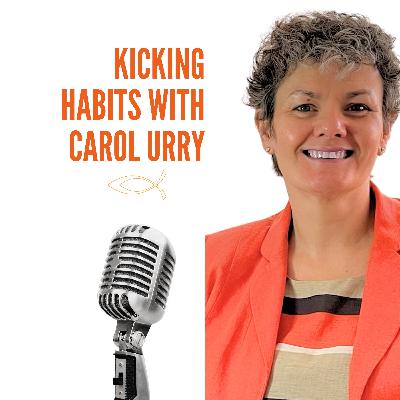Alcohol and Sleep: Unveiling the Night time Connection
Description
Introduction
In this engaging episode, we tackle a common issue that many of us have
experienced – waking up in the middle of the night. We'll shed light on the
unsuspecting night time habits involving alcohol and the potential impact on
our sleep.
The Evening Routine with Alcohol
When the evening comes, it's tempting to unwind with a beer, a glass of wine, or a gin
& tonic while watching TV or scrolling on our phones. However, some people
fail to see the connection between this habit and their nighttime awakenings.
Personal Experience with Sleep Interruptions
The host shares their own struggle with waking up around 4:00 a.m. every morning,
finding it challenging to fall back asleep. Many can relate to the frustration
and anxiety that come with lying awake in the early hours.
Alcohol's Role in Disrupted Sleep
Discover the fascinating connection between alcohol consumption and disrupted sleep. Learn
about the stress hormone cortisol, released by the body when processing
alcohol, and how it can lead to those abrupt awakenings.
Impact on REM Sleep
Explore the effects of alcohol on REM sleep, the critical phase responsible for memory
consolidation, emotional regulation, and problem-solving. Understand how
fragmented sleep can lead to that familiar foggy-headed feeling in the morning.
Chemical Imbalances and Alcohol
Regular alcohol consumption can interfere with the body's natural balance, relying on
artificial stimulation instead of producing essential feel-good chemicals like
melatonin and serotonin. Learn how cutting back on alcohol allows the body to
recalibrate and generate these chemicals naturally.
Tips for a Better Night's Sleep
Discover practical strategies to improve sleep quality. From limiting alcohol intake in
the evenings to establishing a consistent sleep schedule and creating a
relaxing bedtime routine, these tips can make a significant difference.
Disclaimer:
The information shared in this episode is for educational purposes and should not replace professional medical
advice. If you're experiencing severe or chronic sleep issues, consult a healthcare professional.





